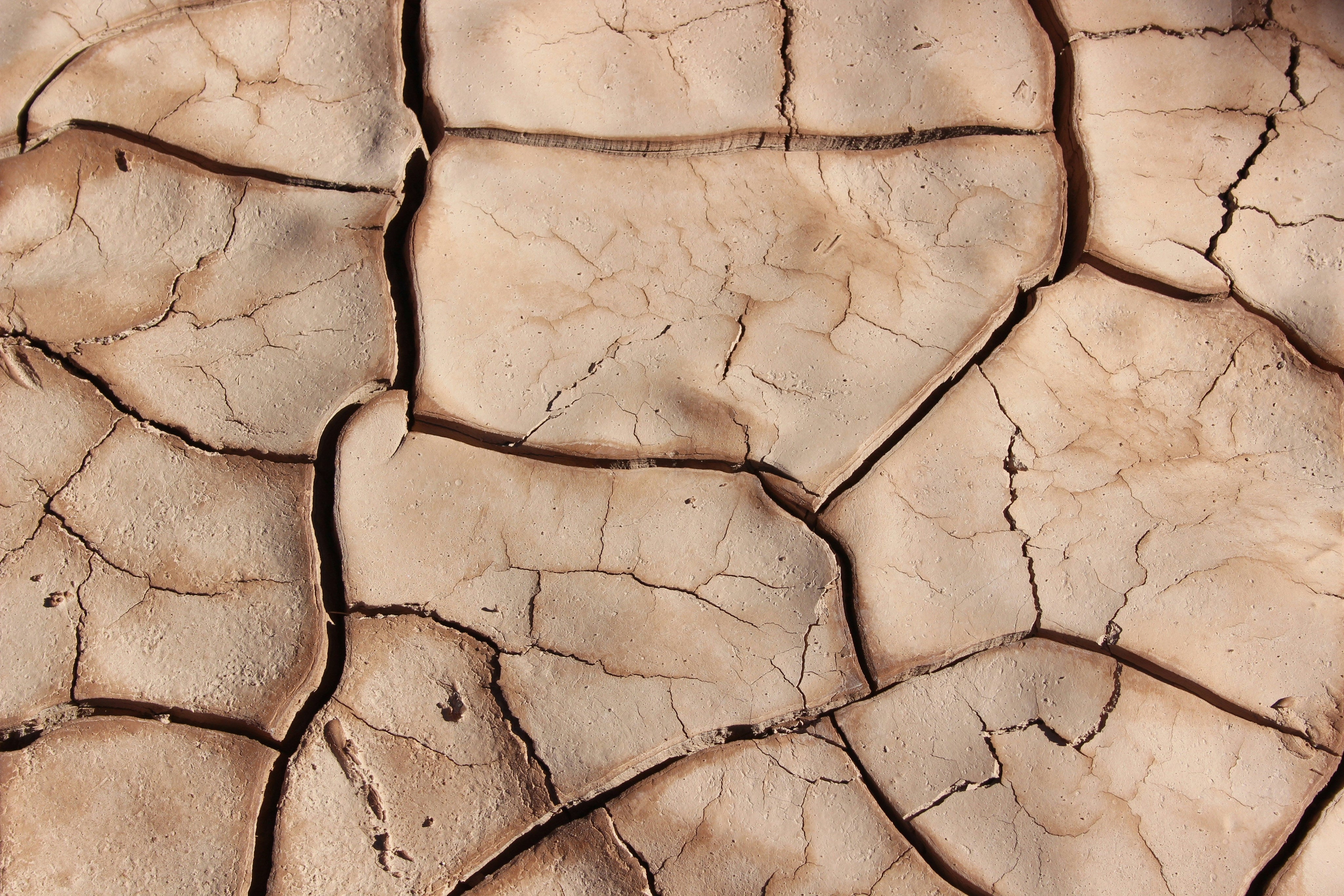Making the decision to have a hysterectomy—or having one recommended to you—is no small thing. Whether you're facing this surgery due to chronic pain, heavy bleeding, fibroids, endometriosis, cancer, or other health issues, it's natural to feel a mix of emotions: relief, fear, uncertainty, and even grief.
At Bona Dea Naturals, we talk a lot about vaginal and vulvar wellness, but we also know that whole-body health includes some deeply personal chapters. If you're preparing for a hysterectomy—or are already navigating life post-surgery—we want to offer some grounded, compassionate guidance. You’re not alone, and there’s no “right” way to feel.
First, What Is a Hysterectomy?
A hysterectomy is a surgical procedure to remove the uterus. Depending on your diagnosis and personal health history, your doctor may also remove the cervix, ovaries, and fallopian tubes.
There are a few different types of hysterectomies:
-
Total hysterectomy: Removes the uterus and cervix.
-
Partial (or supracervical) hysterectomy: Removes the uterus but leaves the cervix intact.
-
Radical hysterectomy: Removes the uterus, cervix, part of the vagina, and surrounding tissues (usually for cancer treatment).
-
Hysterectomy with bilateral salpingo-oophorectomy: Removes the uterus, both ovaries, and fallopian tubes.
The method can also vary: some are done abdominally, some vaginally, and some laparoscopically (using small incisions and a camera). Your recovery and hormonal experience will depend on the type you have.
Before Surgery: What to Expect Emotionally and Physically
Let’s start with the emotional side—because that part doesn’t always get enough attention.
Even if you want this surgery, or have been suffering for years, it’s completely normal to feel emotional about losing your uterus. For some, it can stir up feelings about fertility, femininity, and aging. For others, it brings unexpected grief or even identity questions. All of that is valid.
You might want to:
-
Talk to a therapist or counselor before surgery to help process what this means for you.
-
Journal or simply give yourself space to feel your feelings—without trying to fix or rush through them.
-
Connect with others who’ve had the procedure. Hearing their stories can be incredibly reassuring.
Physically, your care team will walk you through pre-op instructions. You may need to stop eating at a certain time before surgery, wash with a special antiseptic soap, or avoid certain medications. Be sure to ask all your questions—no matter how small they feel.
Immediately After Surgery: The First Week
Recovery looks different for everyone, but here’s what many women experience right after a hysterectomy:
-
Pain and fatigue: Yes, you’ll be sore. Pain medication can help in the early days, and rest is crucial. Let your body sleep, and don’t push yourself.
-
Vaginal bleeding or discharge: Light bleeding can continue for a few weeks—this is normal, even if your uterus has been removed.
-
Digestive issues: Your bowels might feel “off” due to anesthesia and medications. Hydrate, eat gentle foods, and don’t be surprised if you’re gassy or bloated.
-
Emotional waves: Hormonal changes—especially if your ovaries were removed—can trigger mood swings, anxiety, or even depression. Be kind to yourself and seek support.
You’ll likely need help with daily tasks for at least a few days. Accept the help. Stock your space with comfort items: soft clothes, nourishing snacks, and maybe a heating pad for abdominal discomfort.
The Longer Recovery: Weeks 2–6
As your body continues to heal, here are a few things to keep in mind:
1. Movement is Medicine—But Take It Slow
Gentle walks can help boost circulation and ease gas pains, but heavy lifting and intense activity are off-limits for a while. Follow your doctor’s guidance, and listen to your body.
2. Vaginal and Vulvar Changes
Some women notice changes in how their vulva or vaginal tissue feels—especially if their estrogen levels drop. You might feel dryness, irritation, or increased sensitivity. This is where a gentle, pH-balanced, plant-based moisturizer (like our Bona Dea Naturals Feminine Spray) can be a helpful part of your new routine.
3. Sexual Health After a Hysterectomy
Sex after a hysterectomy is deeply personal—and yes, possible. But it might feel different. Give yourself time. You’ll usually be cleared for intercourse around 6–8 weeks post-op, but emotional readiness is just as important as physical healing.
Many women say they feel relief from painful sex they experienced before surgery, while others need time to adjust to the new sensations. Use a natural lubricant, communicate with your partner, and don’t hesitate to seek support if you're struggling.
If Your Ovaries Were Removed: Navigating Hormonal Changes
When your ovaries are removed, your body enters surgical menopause—regardless of your age. This can mean:
For some women, these symptoms are intense. For others, they’re manageable. Talk to your doctor about hormone replacement therapy (HRT) or natural supplements. You deserve to feel balanced and supported—this is not something you just “tough out.”
At Bona Dea Naturals, we hear from women every day who are navigating hormonal shifts, and we believe in addressing them with honesty and compassion. Whether it’s adjusting your wellness routine, seeking out herbal support, or exploring integrative options like acupuncture, you have choices.
Life After Hysterectomy: Reclaiming Your Wellness
So what does life look like after a hysterectomy?
For many women, the most common feeling is... relief.
No more heavy periods. No more pain that controls your calendar. No more planning your life around your symptoms.
But it’s also a time to reconnect with your body. Your uterus may be gone, but your identity, your sexuality, your wellness—it’s all still there. In fact, many women find they feel more empowered, more in tune with their needs, and more unapologetically themselves after healing.
Here are a few post-hysterectomy wellness tips:
-
Stay hydrated and nourish your body with whole, healing foods.
-
Use non-toxic, gentle skincare and feminine care products.
-
Move your body in ways that feel good—think stretching, yoga, walking.
-
Rebuild core and pelvic floor strength with the help of a physical therapist, if needed.
-
Prioritize rest, connection, and joy. Healing isn’t just physical.
You Are Not Alone
If you're preparing for a hysterectomy or healing from one now, we want to remind you of this: You are not less of a woman. You are not broken. And you are certainly not alone.
Your story, your body, and your healing journey are all uniquely yours—and that makes them powerful. At Bona Dea Naturals, we’re proud to be part of the wellness journey for so many women before, during, and after major transitions like this.
Your body is wise. Trust it. Care for it. And give yourself the grace to heal fully—in every sense of the word.
With care,
The Bona Dea Naturals Team 💛




